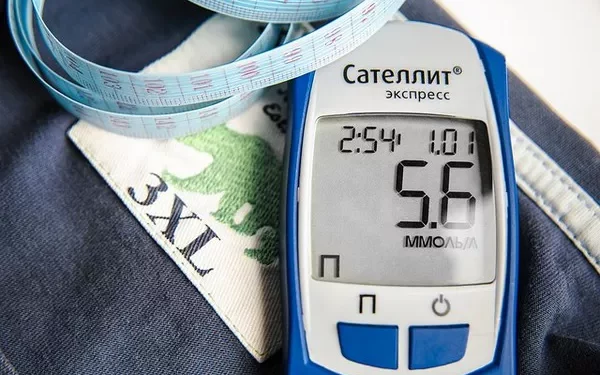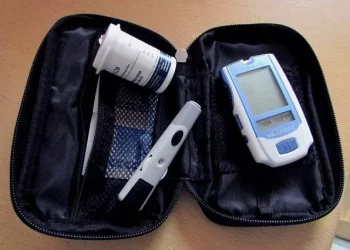At the heart of modern diabetes care lies a simple but powerful principle: every patient deserves to feel heard, supported, and in control—especially when facing surgery.
For Carolyn Folds and her colleagues in the NHS diabetes planned surgery team, this commitment has reshaped the approach to preoperative care for patients living with diabetes. Their focus is on proactive, personalised support that improves not only clinical outcomes but also patients’ confidence and quality of life.
Diabetes presents complex, daily challenges, and when surgery is added to the equation, the risks escalate. Poor glycaemic control can lead to increased infections, slower wound healing, and extended hospital stays. As Folds notes, managing these risks demands more than a one-size-fits-all protocol—it requires a compassionate, tailored strategy.
“In the past, patients with diabetes were routinely admitted the night before surgery as a precaution,” Folds explains. “But with proper preparation and targeted care, many can now undergo their procedures safely without unnecessary hospitalisation.”
The team’s mission is clear: to ensure each patient is in optimal health before entering the operating theatre. Through close, collaborative work with patients in the weeks leading up to surgery, they stabilise blood glucose levels, adjust medications, and deliver reassurance. The approach is person-centred, rooted in an understanding of each individual’s journey—whether they’ve managed diabetes for decades or are newly diagnosed.
Referrals typically come through preoperative assessment teams when patients with type 1, type 2, or type 3 diabetes require insulin therapy, or when HbA1c levels are elevated. From there, a tailored care plan is built. This may involve fine-tuning medication regimens, offering dietary advice, or simply providing emotional support.
Crucially, the team works across boundaries—liaising with consultants, general practitioners, and other specialists to ensure continuity and cohesion in patient care. This holistic collaboration strengthens links between surgical teams and diabetes services, creating a more seamless patient experience.
“An individualised approach enables more efficient workload management, reducing last-minute crises,” Folds points out. For diabetes specialist nurses, the benefits are substantial: improved planning, fewer emergency interventions, and a better overall use of NHS resources.
And for patients, the effects are transformative. Those receiving personalised preoperative care report greater confidence in managing their condition and reduced anxiety about surgery. In turn, hospital stays are shortened, and more patients are eligible for same-day discharge, leading to faster recovery at home.
The feedback from patients has been overwhelmingly positive, confirming the impact of this approach. Beyond enhancing individual outcomes, the service has system-wide implications. By reducing unnecessary admissions and optimising pre-surgical readiness, valuable NHS capacity is preserved.
Ultimately, Folds and her team envision a future where proactive, individualised diabetes support becomes the standard across the NHS. “Personalised care isn’t just a clinical goal—it’s about ensuring patients feel seen, heard, and prepared,” she says. “With the right approach, surgery doesn’t have to be daunting. It can be a step toward a healthier, more empowered life.”
Would you like this rewritten article adapted for a healthcare leadership audience or public readership?
Related topics:
Why Do Diabetics Have Low Energy?
























